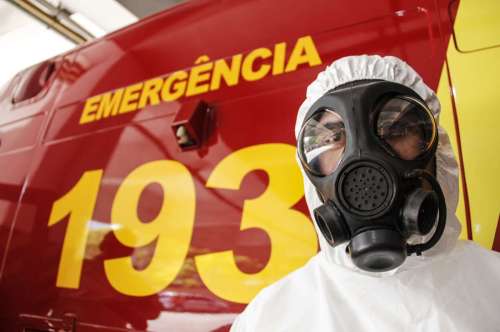 A single dose of a breathable, respiratory vaccine could provide long-term protection against the deadly Ebola virus, new research shows.
A single dose of a breathable, respiratory vaccine could provide long-term protection against the deadly Ebola virus, new research shows.
Currently in development, the vaccine was found effective in shielding non-human primates from the virus.
The findings could have significant global implications in controlling future Ebola outbreaks as they represent the only proof to date that a single dose of a non-injectable vaccine for Ebola is long lasting.
“There is a desperate need for a vaccine that not only prevents the continued transmission from person to person, but also aids in controlling future incidences,” said Kristina Jonsson-Schmunk from the University of Texas, Austin.
“The main advantage of our vaccine platform over the others in clinical testing is the long-lasting protection after a single inhaled dose,” Maria Croyle, professor at the University of Texas, added.
The researchers worked over seven years to develop a respiratory formulation that improved survival of immunised, non-human primates from 67 percent to 100 percent.
This improvement is statistically significant because only 50 percent of the primates given the vaccine by the standard method of intramuscular injection survived the challenge.
Although progress has been made in understanding the Ebola virus’ biology, no licensed vaccines or treatments currently exist, the researchers noted.
The Ebola virus is an often fatal illness that is spread among the human population via direct contact with blood or bodily fluids from an infected individual.
The current Ebola outbreak in Western Africa is the largest and most complex epidemic since the virus was first discovered in 1976, according to the World Health Organization (WHO).
The study appeared online in the journal Molecular Pharmaceutics.